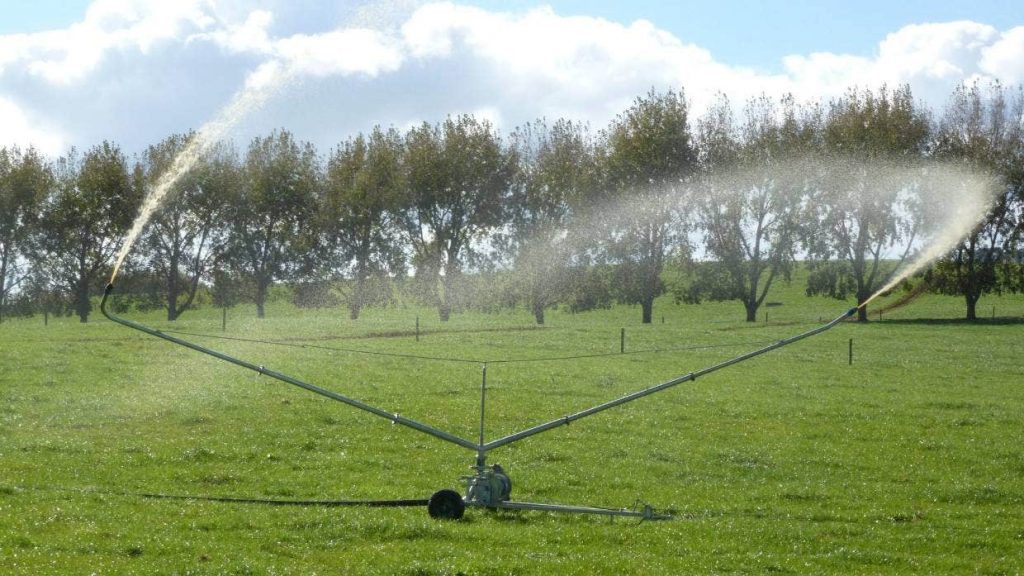
Lawyer Fletcher Pilditch was representing Rerewhakaaitu Farm Ltd before Judge John Hassan in the Rotorua District Court when he made the submission.
The company was found guilty last year of discharging dairy effluent to land where it could enter a waterway in October 2018. The effluent was discharged from a travelling irrigator on Rerewhakaaaitu Farm.
A farmhand employed by the company, Graeme Willacy, pleaded guilty to a charge laid by the Bay of Plenty Regional Council and was fined $5000. The company was charged because it was vicariously liable for Willacy’s offending. It pleaded not guilty but was unsuccessful in defending the charge.
Pilditch, in a hearing held last month, argued that Willacy was a properly trained and ISO-qualified dairy farm worker who made an “uncharacteristic and unprecedented mistake”.
He said the company directors did not have a day-to-day understanding of where the irrigator would be set up and how it would be monitored, and the court seemed to be of the view that “directors of farming operations should be micro-managing effluent management”.
The council said an appropriate fine for the offending would be between $33,250 and $42,750.
Pilditch said the council put undue emphasis on deterrence and did not recognise that the offending was due to an “uncharacteristic, unprecedented, mistake by an experienced farm worker”.
The council’s approach amounted to “seeking punishment and retribution, concepts foreign to sentencing, rather than anything effective in encouraging compliance”, he said.
The council’s quest for punishment was reflective of a wider misplaced focus by local authorities pursuing RMA prosecutions, Pilditch said.
He referred to a Ministry for the Environment publication ‘New Directions for Resource Management in New Zealand’, which stated …’threat of legal punishment can act as effective deterrence on non-compliance’”.
“Respectfully, what successive Courts and the authors of ‘’New Directions’ have failed to consider, is the extent to which a punitive model can deter offending that is by definition strict liability, and therefore in the vast majority of cases ‘unintended’,” Pilditch said.
He referred to observations by the Court of Appeal in the Zhang v R case to support his submission that “very high levels of penalty do not operate as a deterrence”.
The sentence pursued by the council wouldn’t achieve deterrence. The company was well aware of the need to comply with the law and had systems in place to do so, he said.
Giving deterrence such an emphasis in sentencing when the farm company in question “has and does seek to comply with its responsibilities legally and socially” results in injustice, he said.
He submitted that a discharge without conviction was appropriate and a sentence would be out of all proportion to the offending.
Judge Hassan said the company was less culpable than other defendants in the past, but it had “fallen materially short in ensuring that it had in place systems for effective risk management”.
He did not accept the characterisation of previous effluent sentences as being based on a “punitive model” or being ill-considered.
The judge noted that employers may have no intention that employees commit offences in doing things on their behalf.
“Whilst accidents can happen, that does not relieve and employer from accountability from minimising the risk that could happen. Sentencing serves an important instructive and deterrent purpose in those terms,” he said.
The judge allowed discounts for mitigating factors, the company’s clean conviction record and its investment in environmental enhancements on the farm, before ordering it to pay a fine of $24,000.
Ninety per cent of that sum will be paid to the council.

























